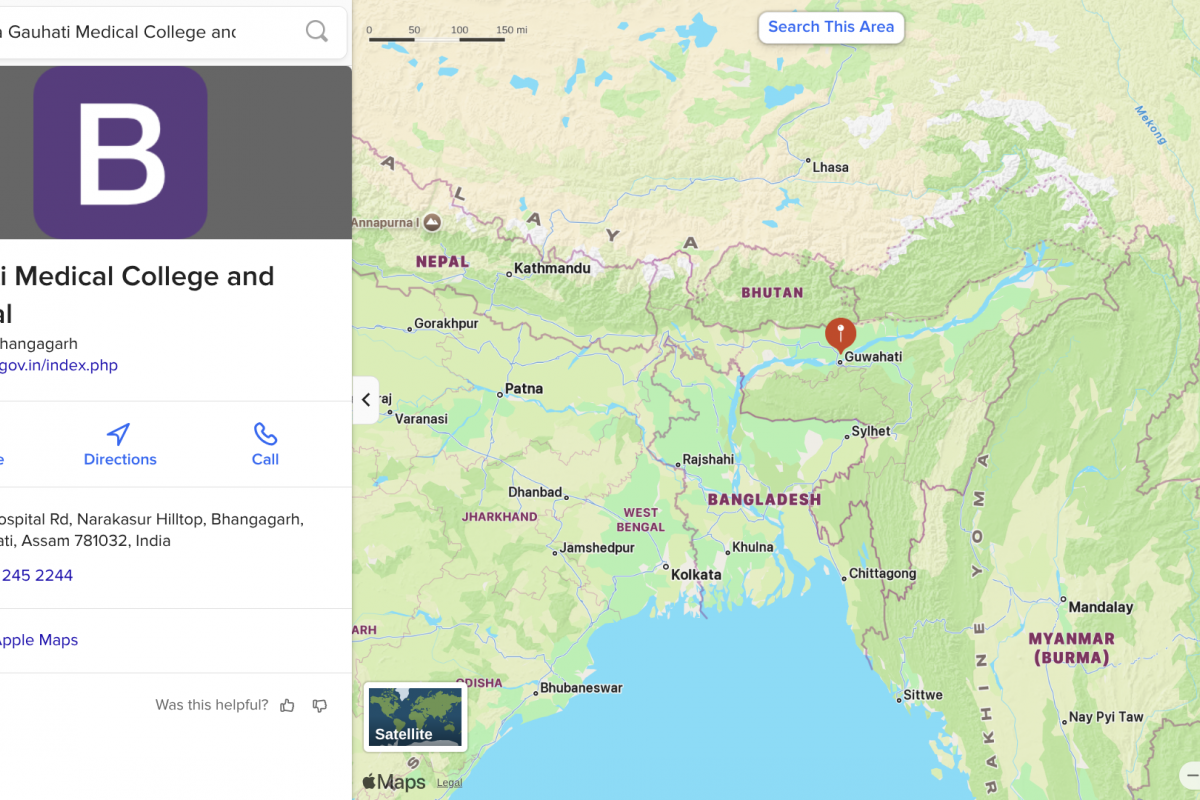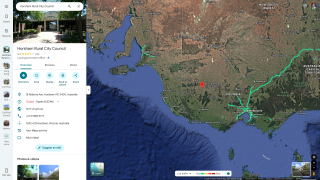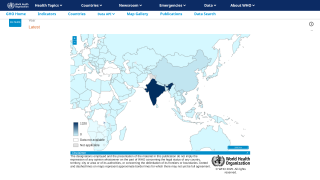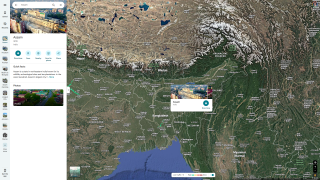Japanese Encephalitis Remains a Fatal Health Risk in Northeast India

Since 1952, when the first Japanese Encephalitis (JE) case in India, this mosquito-transmitted disease has been a significant public health concern.
Local media reported in late June 2025 that an outbreak of JE is responsible for 32 people being admitted to a hospital, with four related fatalities, in Assam, a state in northeastern India.
Since April 2025, the Japanese Encephalitis virus (JEV) has primarily affected areas with pig-rearing and paddy field activity, both known risk zones for virus transmission by infected mosquitoes.
These mosquitoes acquired the JEV from pigs, birds, and sheep.
According to data from the Integrated Disease Surveillance Programme, about 925 JE cases were detected in Assam in 2024.
To help reduce the impact of this severe disease, JE vaccinations have been started in Assam's nine districts.
Assam is located south of the eastern Himalayas along the Brahmaputra and Barak River valleys, just to the east of Nepal, where twenty-nine districts have reported JE cases.
To alert international travelers visiting Assam and Nepal, the U.S. CDC recommends vaccination for travelers who are moving to an area with an outbreak or spend extended periods in areas with Japanese encephalitis cases.
When departing from the United States, an approved JE vaccine (IXIARO®) is commercially offered at travel clinics and pharmacies.
Our Trust Standards: Medical Advisory Committee








